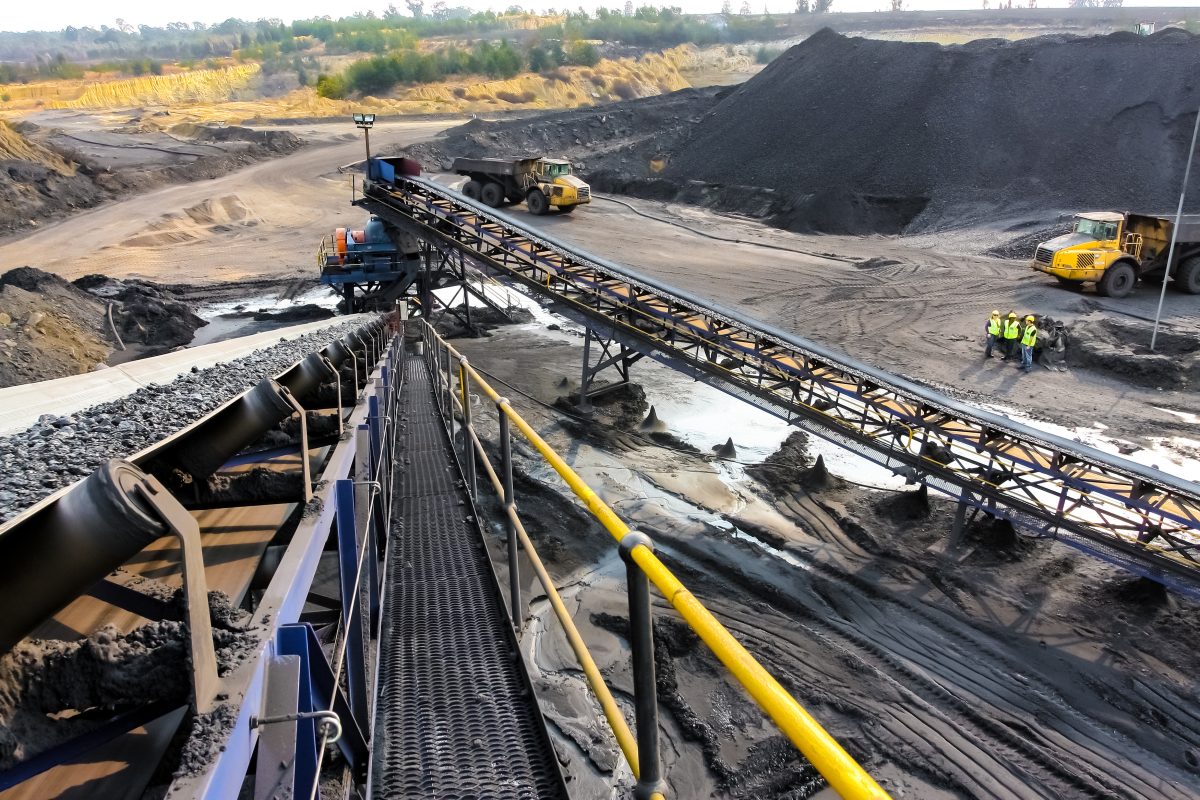Local observers believe the DRC government's decision to freeze mining permits is aimed at acquiring and reselling the mines, in a move that will discourage investors.
The government of the Democratic Republic of Congo (DRC) suspended more than 20 mining licences over the weekend, in a move that critics say will damage investor confidence in an already tricky market.
In a decree released on 29 August, the Ministry of Mines forfeited the operating rights of several mining assets including cement plants and critical green mineral facilities producing cobalt and copper near the city of Lubumbashi.
While the ministry did not give a clear reason behind the closure, it mentioned that several companies had not signed documents that relate to social and environmental commitments to local communities.
However, local observers believe that the hasty decision to freeze permits is motivated by the government’s real intention to acquire and resell the assets, securing millions of dollars before the country’s national election in December.
“This kind of thing happens a lot here; it is exactly the same tactics as those that were used by the old regime,” says Timothee Mbuya from a local NGO called Justicia Asbl.
“When we get close to the elections, politicians resort to all manners and means to look for money in order to support their electoral campaigns.”
Indeed, companies such as the Eurasian Resources Group (ERG), which operates the Boss Mining and COMIDE mines, both of which are among the affected companies, have filled out the “cahiers des charges” document in August, in line with the mining code.
Furthermore, Mbuya says that ERG has gone above and beyond its duties to provide services for the local community, putting further doubt on the reason behind the government’s crackdown.
“If you think about the projects they have financed, they have provided a hospital as well as energy and water projects”.
In August, local newspaper La Tribune published an article suggesting that Gécamines, the state-controlled mining company, wants to take over ERG’s mines in the DRC to cash in on the global tilt towards battery-powered vehicles.
Tough market
The recent developments have reinforced stereotypes of the DRC as a tough market to operate in, despite a change of leadership four years ago.
Observers believe that the heavy-handed decree will likely have a substantial negative impact on investor confidence as the case has shown the government’s willingness to pervert the law in order to acquire key assets.
“These kinds of cases discourage investors,” says Mbuya. “The government should take measures to encourage the investors not to go after their investments.”
Justicia Asbl put out a statement on Wednesday claiming that more than 600 people would be out of work while the mines are shuttered.
The mining companies will appeal the decree – those that can will provide evidence of the “cahier des charges” – and will likely move to international arbitration if that does not work.

